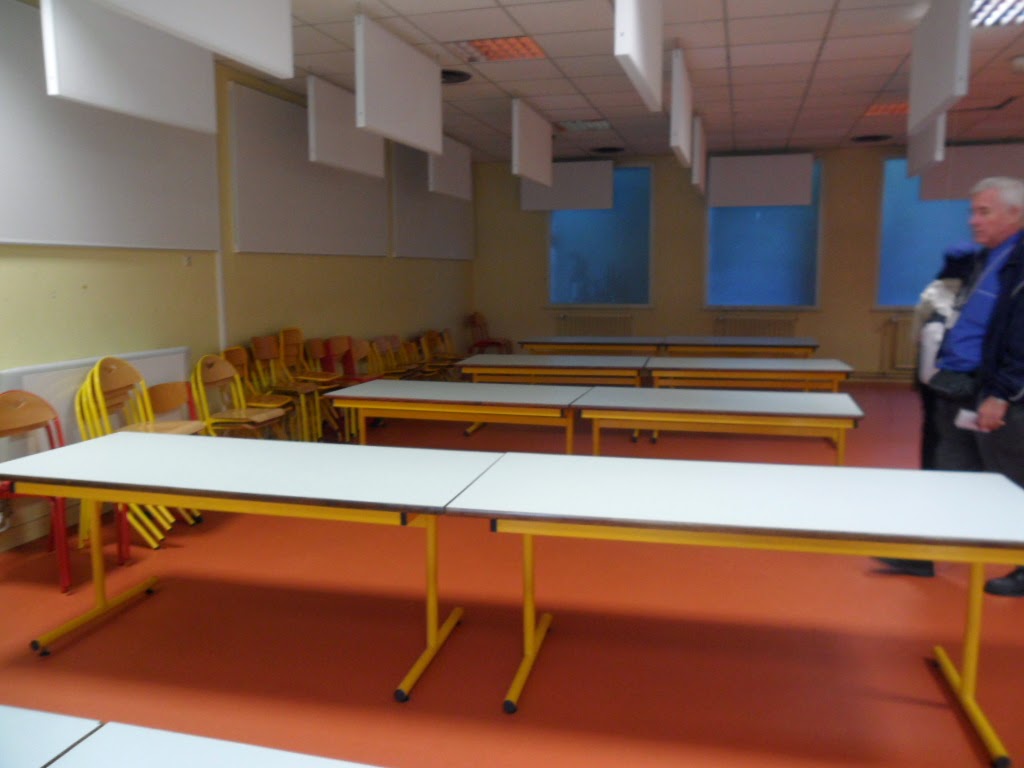
"The mission of the Organisation for Economic Co-operation and
Development (OECD) is to promote policies that will improve the economic
and social well-being of people around the world.
The OECD provides a forum in which governments can work together to
share experiences and seek solutions to common problems. We work with
governments to understand what drives economic, social and environmental
change. We measure productivity and global flows of trade and
investment. We analyse and compare data to predict future trends. We set
international standards on a wide range of things, from agriculture and
tax to the safety of chemicals.
We also look at issues that directly affect everyone’s daily life,
like how much people pay in taxes and social security, and how much
leisure time they can take. We compare how different countries’ school
systems are readying their young people for modern life, and how
different countries’ pension systems will look after their citizens in
old age.
Drawing on facts and real-life experience, we recommend
policies designed to improve the quality of people's lives. We work with
business, through the Business and Industry Advisory Committee to the
OECD, and with labour, through the Trade Union Advisory Committee. We
have active contacts as well with other civil society organisations. The
common thread of our work is a shared commitment to market economies
backed by democratic institutions and focused on the well being of all
citizens. Along the way, we also set out to make life harder for the
terrorists, tax dodgers, crooked businessmen and others whose actions
undermine a fair and open society."
We had a very interesting presentation from Italian and Japanese OECD staff members about the PISA test results and TALIS
About PISA
The Programme for International Student Assessment (PISA) is a
triennial international survey which aims to evaluate education systems
worldwide by testing the skills and knowledge of 15-year-old students.
To date, students representing more than
70 economies have participated in the assessment.
The most recently published results are from the assessment in 2012.
Around 510,000 students in
65 economies took
part in the PISA 2012 assessment of reading, mathematics and science
representing about 28 million 15-year-olds globally. Of those economies,
44 took part in an assessment of creative problem solving and 18 in an
assessment of financial literacy.
Consult all PISA 2012 results here.
More than 70 economies have signed up to take part in the assessment in 2015 which will focus on science.
You can try the test at http://www.oecd.org/pisa/test/
TALIS - The OECD Teaching and Learning International Survey http://www.oecd.org/edu/school/talis.htm
 |
| Meeting room |
 |
| The countries participating in PISA (dark color) |
 |
| Interior of the building |
































